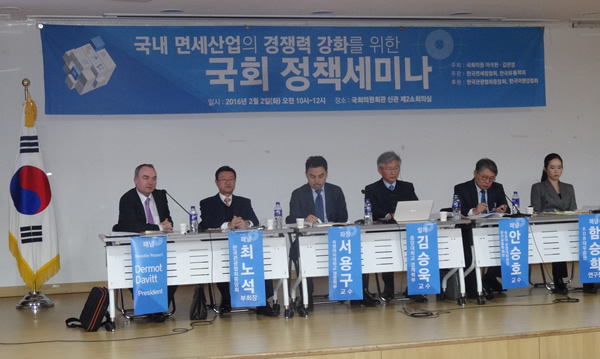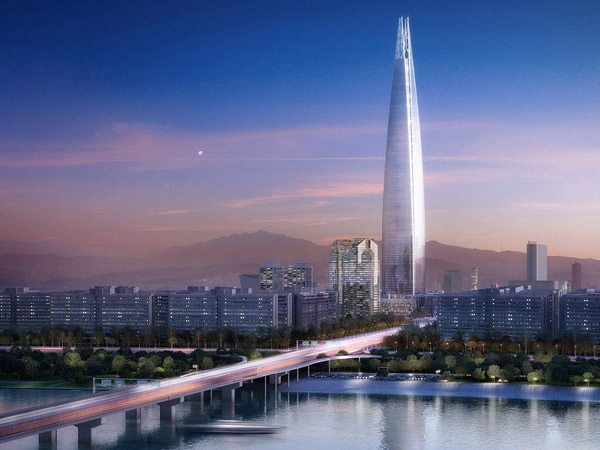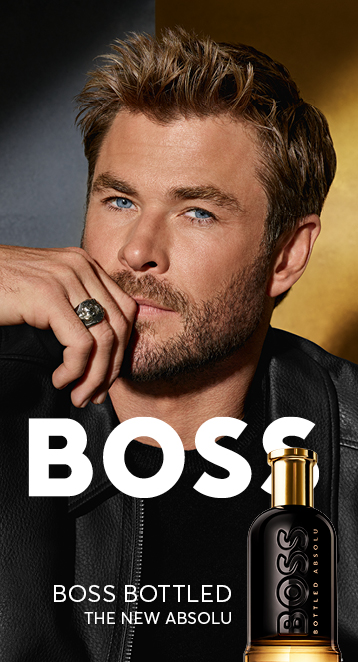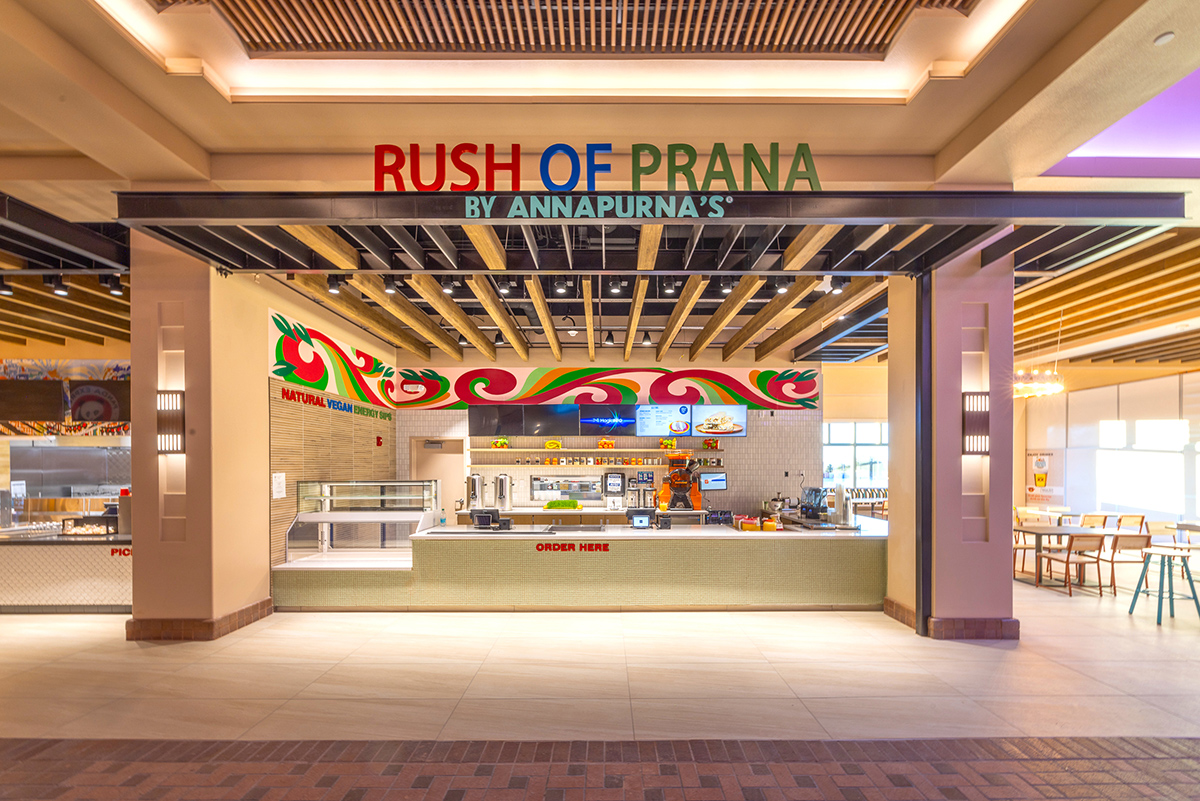SOUTH KOREA. The National Assembly has rejected a government proposal to extend downtown duty free licence terms from five years to ten years, amid the extraordinary political turmoil surrounding President Park Geun-hye.
President Park faces an impeachment vote in parliament on Friday, linked to an escalating scandal around the sourcing and use of funds donated to two foundations controlled by her close friend and unofficial aide Choi Soon-sil.
In March, the government announced plans to double the licence tenure to ten years in the wake of widespread criticism following last November’s controversial bid for available licences. That contest resulted in the shock losses of Lotte Duty Free World Tower’s and WalkerHill Duty Free’s permits.
A subsequent government review pledged a doubling of the term and automatic licence renewal for qualified retailers. All was set fair for a return to the pre-2013 ten-year system until the scandal now known as ‘Choi-gate’ erupted. The National Assembly’s revised bill on fiscal laws submitted last Friday carefully omitted the anticipated clauses on licensing reform.

The rejection of the planned reforms is linked to claims that donations to the foundations by several conglomerates active in the duty free industry could have been directly related to past licence grants or future awards. All the parties concerned have flatly rejected such allegations.
A spokesman for one of Korea’s leading travel retailers told The Moodie Davitt Report: “There was an attempt in the South Korean parliament to change the law about licences to extend the term from five years to ten years. The lawmakers however, decided not to include it in this year’s final [fiscal] agenda so the attempt is terminated for this year and the five-year licence term remains in place.”
“Governments in competing countries like Japan and China are taking the lead to implement laws that could enlarge the duty free sector; Korea on the other hand is going backwards.”
Another said that while the planned extension had been turned back “at this time”, he felt it would only be a temporary delay until ‘Choi-gate’ is resolved. “Once everything is clear, the National Assembly will re-evaluate the extension of licences for sure since it the opinion of most stakeholders that a five-year period is too short for the duty free business,” he told The Moodie Davitt Report.
“Once everything is clear, the National Assembly will re-evaluate the extension of licenses for sure.”
Others were less positive. An unnamed industry source told Korea Joongang Daily: “Governments in competing countries like Japan and China are taking the lead to implement laws that could enlarge the duty free sector; Korea on the other hand is going backwards. We’re already worried that China’s reaction to [the Korean deployment of US missile system] THAAD will affect sales; if the extension plan is [not] realised, Korea’s duty free industry will face heavy possibilities of falling behind.”
Another source said: “The licence period change in 2013 was wielded by politics and now, politics has once again interrupted in the extension plan. Jumping into a ten year-long business is already an unsure decision to make; who will want to step in the market if relevant laws waver back and forth on political circumstances?”
The legislative about-turn means that those retailers allocated any of the three new Seoul downtown duty free licences due to be announced on 17 December will only be granted five-year terms. The contest is being fought between Lotte Duty Free (for the World Tower complex), SK Networks (WalkerHill Duty Free), Shinsegae, HDC Shilla Duty Free and Hyundai Department Store Group.













